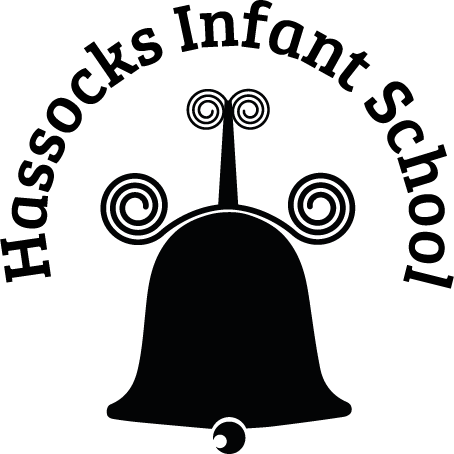EYFS and National Curriculum Objectives
Reception Writing:
Early Learning Goals:
Children at the expected level of development will:
- Write recognisable letters, most of which are correctly formed.
- Spell words by identifying sounds in them and representing the sounds with a letter or letters.
- Write simple phrases and sentences that can be read by others.
National Curriculum Objectives (Years 1 & 2)
Pupils’ writing during year 1 will generally develop at a slower pace than their reading. This is because they need to encode the sounds they hear in words (spelling skills), develop the physical skill needed for handwriting, and learn how to organise their ideas in writing.
Pupils entering year 1 who have not yet met the early learning goals for literacy should continue to follow their school’s curriculum for the Early Years Foundation Stage to develop their word reading, spelling and language skills. However, these pupils should follow the year 1 programme of study in terms of the books they listen to and discuss, so that they develop their vocabulary and understanding of grammar, as well as their knowledge more generally across the curriculum. If they are still struggling to decode and spell, they need to be taught to do this urgently through a rigorous and systematic phonics programme so that they catch up rapidly.
Teachers should ensure that their teaching develops pupils’ oral vocabulary as well as their ability to understand and use a variety of grammatical structures, giving particular support to pupils whose oral language skills are insufficiently developed.
In writing, pupils at the beginning of year 2 should be able to compose individual sentences orally and then write them down. They should be able to spell many of the words covered in year 1 correctly. They should also be able to make phonically plausible attempts to spell words they have not yet learnt. Finally, they should be able to form individual letters correctly, establishing good handwriting habits from the beginning.
It is important to recognise that pupils begin to meet extra challenges in terms of spelling during year 2. Increasingly, they should learn that there is not always an obvious connection between the way a word is said and the way it is spelt. Variations include different ways of spelling the same sound, the use of so-called silent letters and groups of letters in some words and, sometimes, spelling that has become separated from the way that words are now pronounced, such as the ‘le’ ending in table. Pupils’ motor skills also need to be sufficiently advanced for them to write down ideas that they may be able to compose orally. In addition, writing is intrinsically harder than reading: pupils are likely to be able to read and understand more complex writing (in terms of its vocabulary and structure) than they are capable of producing themselves.
For pupils who do not have the phonic knowledge and skills they need for year 2, teachers should use the year 1 programmes of study for word reading and spelling so that pupils’ word-reading skills catch up. However, teachers should use the year 2 programme of study for comprehension so that these pupils hear and talk about new books, poems, other writing, and vocabulary with the rest of the class.
